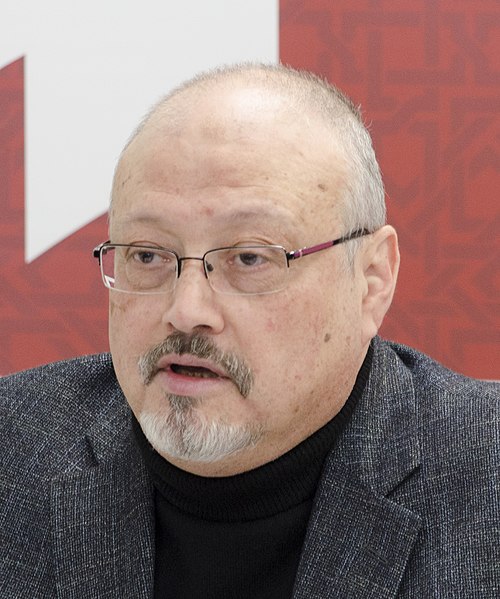The Portland State Board of Trustees voted on June 20 to raise tuition for full-time resident undergraduates by 4.97% for the upcoming 2019–20 biennium. The tuition increase is a reduction from the initial 11.11% increase that was approved by the Board last May.
Tuition and mandatory fees will be raised from $9,105 to an estimated $9,577 for full-time resident undergraduates starting in the fall, compared to $10,050 at the original 11.11% increase.
The decision to lower the initial proposed tuition hike came after Oregon lawmakers stated their decision to increase funding for higher education. House Bill 5024—which is currently moving through the legislature—will increase funding by $837 million to be distributed among Oregon’s seven public universities over the next two fiscal years. The bill hinges on the expectation of a strong economy over the next biennium as predicted by the most recent revenue forecast.
When the initial 11.11% increase was approved by the Board, PSU was expected to receive $40.5 million from state funding. They now expect to receive up to $100 million.
Newly appointed Interim President Stephen Percy said of the revised tuition increase, “None of us wanted 11%, and we’re very pleased that the state came through and raised the $40.5 [million] to $100 million in contributions.”
He continued, “I want to thank our university advocates who worked so hard in Salem to help people understand the needs of our students, and the needs of the institution to be successful.”
Percy, speaking of his new role as interim president, said “leadership transition can create challenges when you’re seeking to secure additional funding.”
“We talked to members of the higher education coordinating commission, and we talked to state legislatures and other folks, and our best sense was—on the basis of those conversations—that we would be best served keeping our tuition under 5% this year.”
The tuition hike decrease will not affect the $6 million in budget cuts implemented within the 2019–20 budget. According to Kevin Reynolds, vice president of finance and administration, PSU has to bridge an $18.6 million shortfall next year in order to continue operating the way it has been. In order to balance the budget, the university will need to increase tuition, secure additional state funding and implement budget cuts of up to 2% across the university.
A higher increase in tuition may still happen in the future depending on a variety of factors, including enrollment, the economy and state funding.
“We are aware of the challenges that many of our students have financially,” Percy said. “We are aware of the financial hardship. We are aware that many students are one, unexpected small financial challenge away from having to drop out of school.”
According to Percy, PSU is increasing the number of funds it has from philanthropic sources for hardship funds and other kinds of support.
Percy said the university doesn’t “want students to have to leave because of a financial hardship that was unexpected,” and that the university is “doing everything [it] can to keep [its] costs in line…to support [its] students to be able to come here and remain here and be successful and graduate.”
Irving Levin, chair of the finance and administration committee, voiced his apprehension at lowering the tuition hike at last week’s Board meeting.
“Everyone would like tuition to be as low as possible, but hoping that the state throws a Hail Mary pass that we can catch at the end of the biennium—that’s no way to run this railroad,” Levin said.
“The 4.9% is a very good alternative to the 11% for sure. But there is a cost…and the cost is that we have been trying to build reserves to an adequate level, and this is going to preclude us from doing that this year, and it gives us no wiggle room on the budget should enrollment drop more than we expect or if anything else happens.”
Despite the additional state funding, several Oregon’s public universities will still be raising their tuition, but many of them said they are hoping to keep tuition hikes under 5% with the additional funding.






